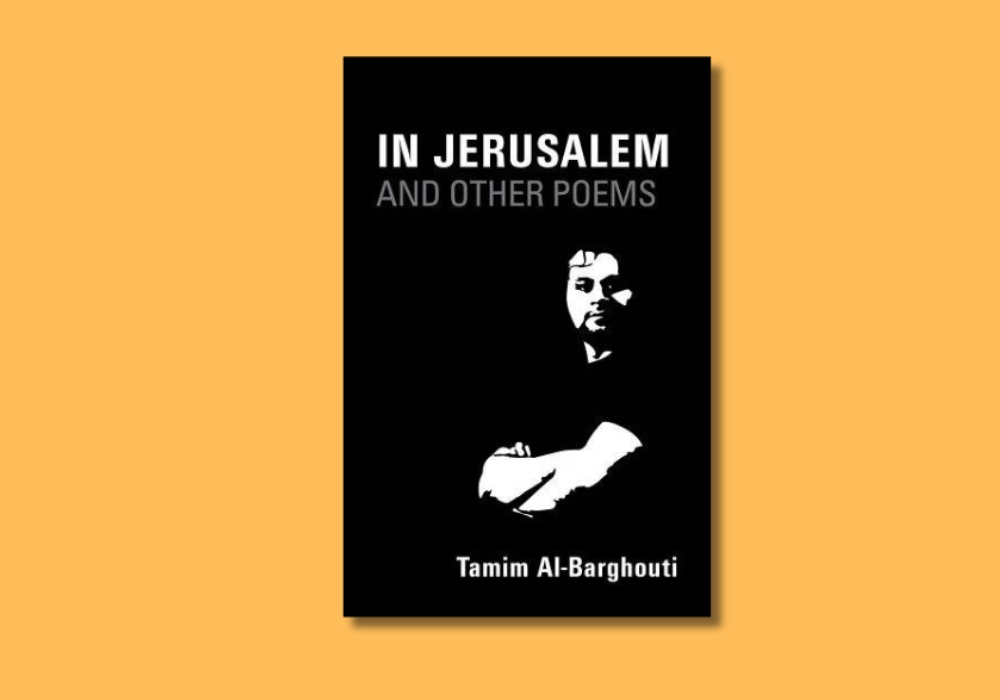The London Book Fair runs from April 16-April 18, and WWB brings it to you from the Literary Translation Centre, a seminar dedicated to all aspects of literary translation. Follow us each day on Twitter–@WWBorders—and on our Dispatches blog, where we'll be posting daily round-ups with news on the ground.
Day Two at the Literary Translation Centre gives us pause. On everyone’s lips is a quirky idea, especially for a group of translators and translation advocates: the perils of translation. Sometimes, said writer and poet Christopher Meredith on a panel about minority languages, authors resist being translated and flattened out of their inimitable native forms. Meredith’s co-panelist, Gabriel Rosenstock—a poet and translator himself—agreed that for writers in Welsh or Cornish, say, an English translation can obliterate sought-after rhythmic and sonic effects. Neither Meredith nor Rosenstock were discouraging translation, or trying to deter ambitious translators. Far from it: both made a point of saying that they were summarizing a minority, if decisive, view among writers who are grateful but concerned. Both sentiments are well-warranted. The clear-eyed caution of today’s panelists went hand-in-hand with a robust and enlarged understanding of what translation is. It is more than merely transposing one language for another; rather, it includes any act of transmitting and conveying a diverse set of autochthonous particulars—in text, images, or sounds . . .
In a captivating panel on the Arab Revolutions, translator Nariman Youssef described her days in Tahrir Square at the height of the uprising as a joint experience of reporting and translating. Relaying what was taking place on the ground, she explained, was an act of translation. Protestors and activists were selecting specific details, transmitting particular effects, feelings, and impressions—to account for everything would have been impossible. Her co-panelist, the cartoonist Tarek Shahin, suggested that English-language interviews mediated the press’s portrayal of protestors, possibly resulting in all-too-buoyant expectations for life after the Egyptian uprising. When you talk with English-speakers, you’re generally gauging highly educated, sometimes secular, sensibilities, he explained. When, months later, elections results confounded Western observers it may have been because the translation-mediated news all along had slightly reduced the range and diversity of popular tastes and opinions. Again, no one was complaining. Only trying to account for some of the complexity that, well, inevitably gets lost in translation.
What’s lost in translation, in spite of the best intentions, is something of a refrain among conversations here about contemporary Chinese literature. The topic is central at this year’s book fair. At an evening panel yesterday, called “Editing China and Japan,” translator Eric Abrahamsen, who helps edit Pathlight Magazine, explained that narrative structures are quite different in English and Chinese literature. Punch lines are buried; a sentimentalism prevails; chronicles move ploddingly and even concentrically . . . all this chafes with English-language tastes. Sure, translating Chinese consists of hunting for the right word, recreating adequate diction and tone, he went on. But the biggest challenge, according to Abrahamsen, is to transmit and convey the thrills of a truly foreign narrative structure. This morning’s panel on “Publishing Chinese Authors in the UK” dealt with a similar sentiment. Professor Julia Lovell (University of London) and agent Marysia Juszczakiewicz (Peony Literary Agency) argued that opening up China to Western readers also meant opening up Western readers to a new array of sensibilities. Reading in translation—with its unavoidable but surmountable hitches—may deliver its greatest thrills by presenting us with obstacles, by giving us pause.










